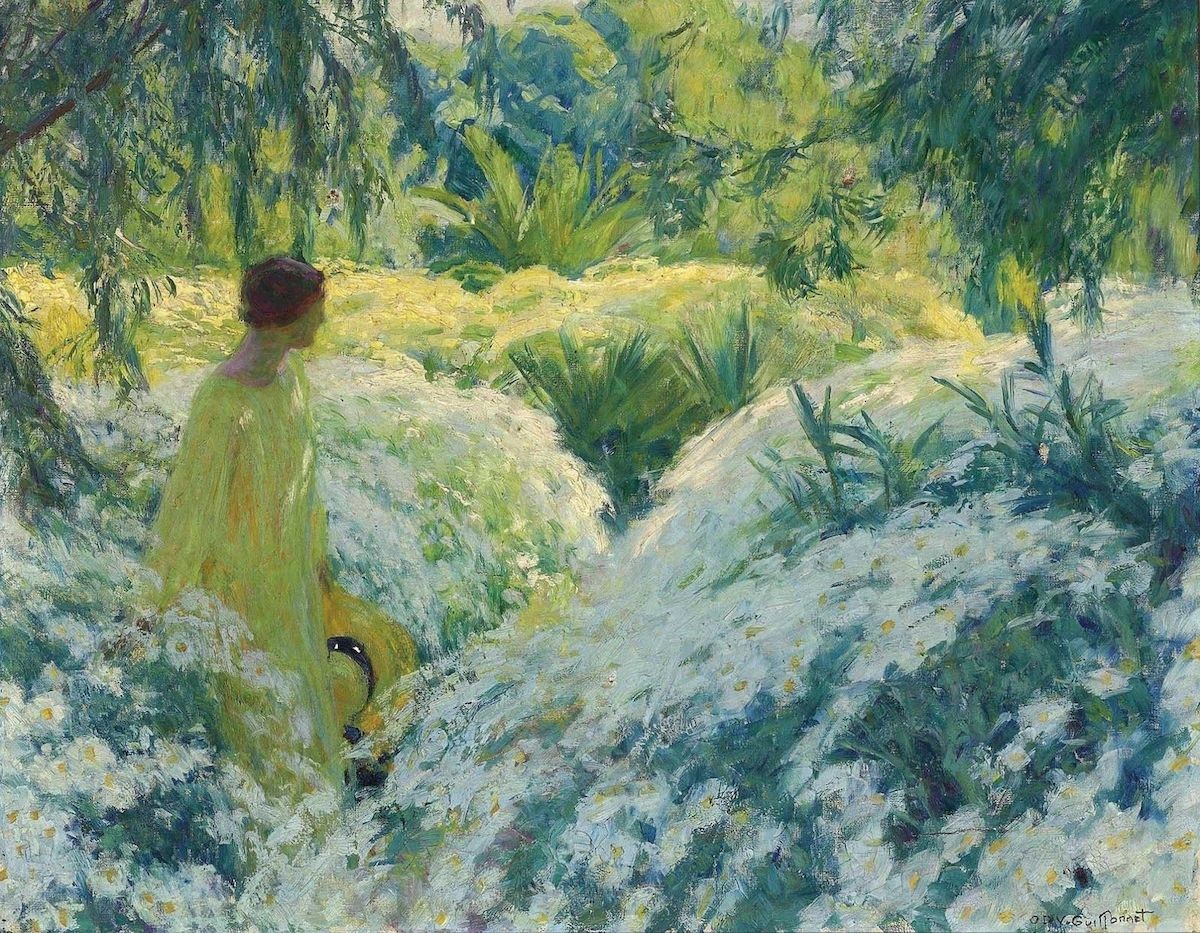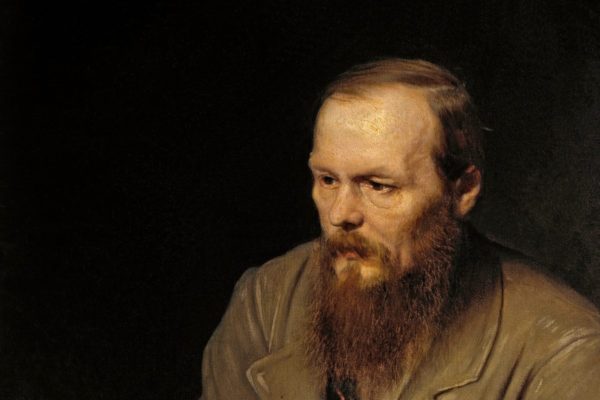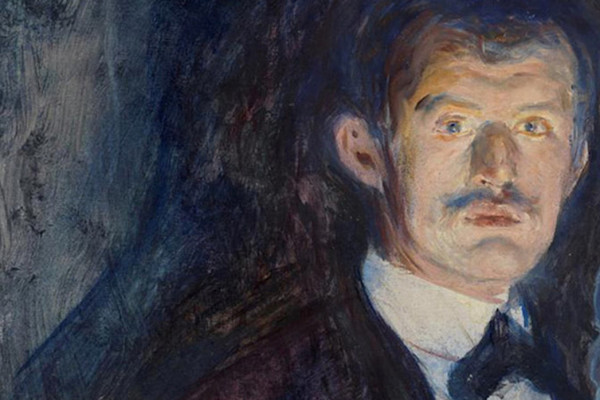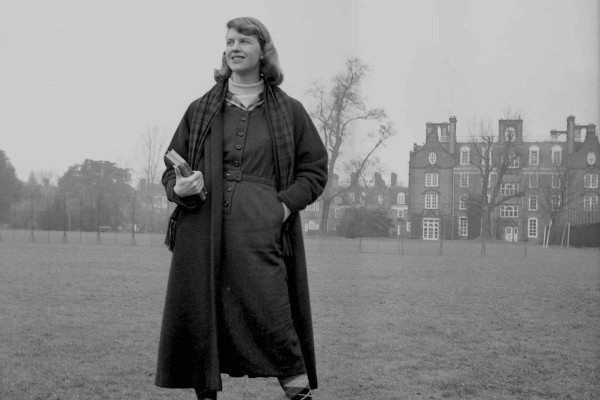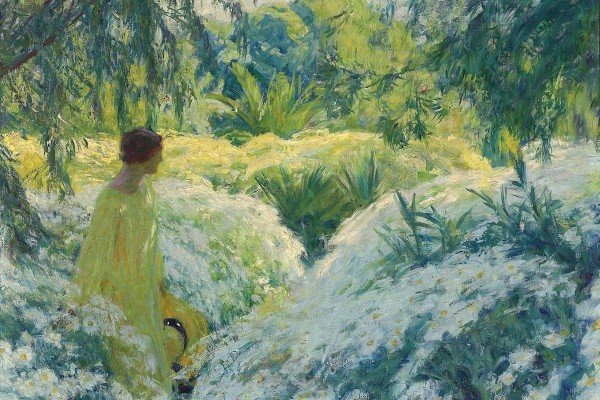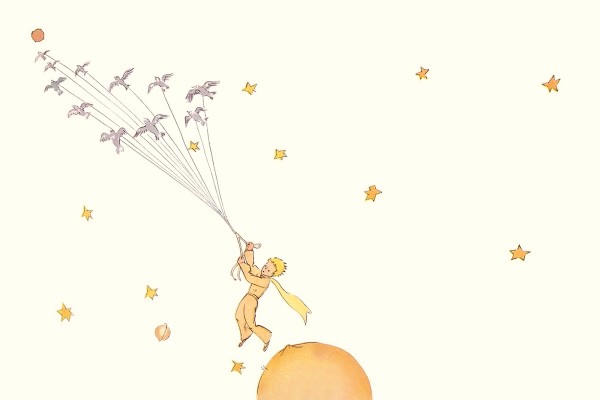There exists within each of us two opposing desires which are eternally at odds with each other. These are, the desire for solitude, and the desire for connection and intimacy. While these opposing desires are both important, they are very seldom satisfied at once. In fact, it is perhaps impossible for them to be satisfied at once. Instead, it is often through the fulfillment of one that the need for the other is given a chance to grow. So, like many things in life, they contrast each other, and yet they need each other to survive.
This is precisely what is so strange about these desires: they may not be satisfied simultaneously and they rely on each other for realization. As we satisfy the need for one, the need for the other grows. When company becomes wearisome, we long for the respite of solitude. Just as, when in solitude, we sometimes long for the joy and excitement of communication.
In life, it seems that beauty and harmony are found when one acquires a balance between the infinitely different realms of emotion and experience which make up human existence. As Leo Tolstoy wrote in his infamous book Anna Karenina:
“All the variety, all the charm, all the beauty of life is made up of light and shadow.”― Anna Karenina
This principle is true in painting, in literature, and even in film. However, this idea of light and shadow is not merely limited to the visual sphere. It also refers to the contrasts which exist within the world of feeling. Joy and sorrow, kindness and cruelty, love and indifference; these feelings are all a necessary part of the human experience, just as companionship and solitude are.
Just as trees have a need, both for rain and sunlight, to thrive, the human spirit must also have periods both of aloneness and communication. Solitude is paramount, not only in order to understand ourselves, but also in order to understand others. In his book The Myth of Sisyphus and Other Essays Albert Camus described the necessity of solitude in understanding others:
“In order to understand the world, one has to turn away from it on occasion.” ―

Albert Camus, author of The Myth of Sisyphus and Other Essays.
In order to better understand others, we often seek solitude, in which we may reflect upon their actions and their words. Only once we are alone, without the opinions or advice of others, are we free to decide how we shall perceive someone. On the other hand, being in company gives us the gift of belonging; the pleasure of conversation and of friendship, the feeling of commonality, of shared experience. It is also through being with others that we experience some of the most tender of human feelings, such as empathy, the sharing of knowledge and ideas, and, of course, love.
“I had two longings and one was fighting the other. I wanted to be loved and I wanted to be always alone.” – Jean Rhys
American writer Willa Cather shined a brilliant light on these two opposing desires in the excerpt below, where she captures the way we struggle between them and how they affect our relationships with others.
“One realizes that even in harmonious families there is this double life: the group life, which is the one we can observe in our neighbor’s household, and, underneath, another – secret and passionate and intense – which is the real life…. One realizes that human relationships are the tragic necessity of human life; that they can never be wholly satisfactory, that every ego is half the time greedily seeking them, and half the time pulling away from them. In those simple relationships of loving husband and wife, affectionate sisters… there are innumerable shades of sweetness and anguish which make up the pattern of our lives.” – Willa Cather
The line, “every ego is half the time greedily seeking them, and half the time pulling away from them” sums up our need for human connection and relationships quite beautifully. Yes, we desire intimate bonds with others, but we also require an intimate bond with ourselves, and this must be cultivated alone. If we are too often surrounded by others, especially when it comes at the cost of our solitude, we eventually grow to resent them, or at least to be irritated by their presence.
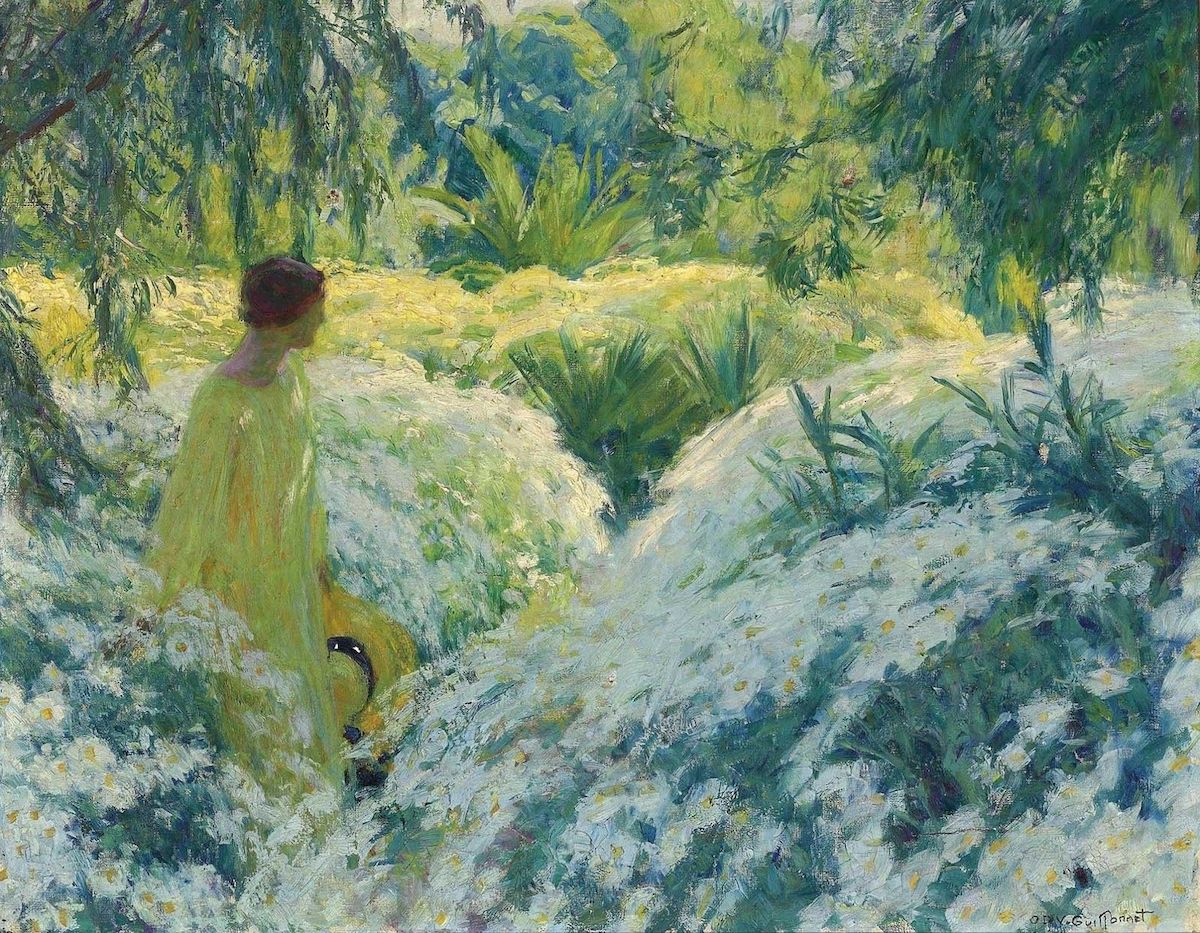
Solitude in the Garden by Emile Octave Denis Victor Guillonnet (1872-1967).
“I need to be alone. I need to ponder my shame and my despair in seclusion; I need the sunshine and the paving stones of the streets without companions, without conversation, face to face with myself, with only the music of my heart for company.” ― Tropic of Cancer
As poetess Edna St. Vincent Millay observed,
“The longest absence is less perilous to love than the terrible trials of incessant proximity.” – Edna St. Vincent Millay
Here, the famous saying “Absence makes the heart grow fonder” rings true. In fact, scientists have performed a number of studies which suggest that absence truly does make the heart grow fonder.
Our task then is to love others, yet sometimes from afar; allowing them to think and to feel, to develop in their own way. This is perhaps the greatest gift that we can bestow upon those we care for: the gift of freedom and solitude.
“I hold this to be the highest task of a bond between two people: that each should stand guard over the solitude of the other.” ― Letters to a Young Poet
And while it is true that we need to be alone at times in order to fully love and appreciate someone, there are certainly times when we long for company as well. When we feel this need for connection and company, solitude can even begin to seem like a burden or a punishment. This is when our delightful aloneness can turn into an isolating and terrible sense of loneliness.
“And I can get on quite nicely without you – except sometimes, when I cannot get on at all.” – Edna St. Vincent Millay
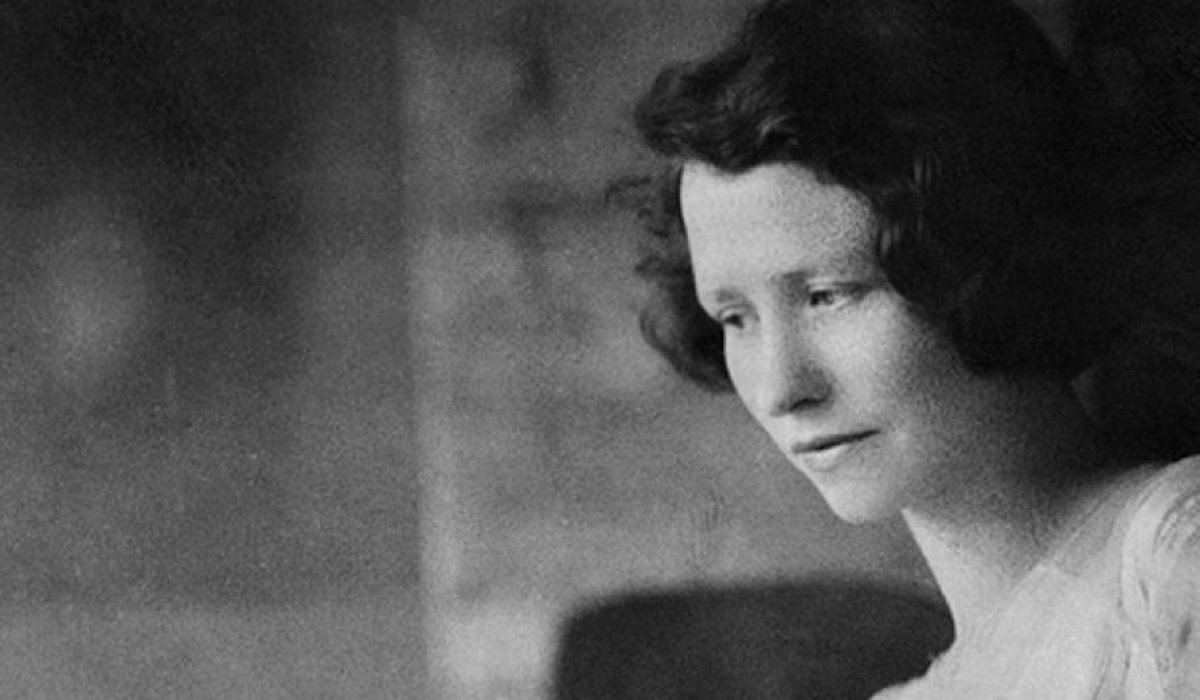
Edna St. Vincent Millay.
In books, in films, and in life, we repeatedly find that both of these relationships are necessary;
the relationship with the outer world, which is expressed through our relationship with others – family, friends, acquaintances, and strangers – and the relationship with oneself, which deals with the inner world, and is concerned with the soul, the spirit, and the intellect.
These two human needs, the need for company – for someone to interact with and relate to – and the opposing need for solitude, are hopelessly and endlessly in opposition of each other. Both worlds cross over each other and converge, like streets that run over one another, merging in places and pulling apart in others, connected and yet separate.
We need to withdraw. We need to be alone to cultivate our qualities and dreams.
“Solitude gives birth to the original in us, to beauty unfamiliar and perilous – to poetry. But also, it gives birth to the opposite: to the perverse, the illicit, the absurd.” ―
It is then in company, that we find an outlet for sharing these qualities and dreams which we have nurtured in our aloneness. If solitude is where we create ourselves – where we decide what we value and how we shall live – then company is where this self is expressed and where we live out these values and create this life we have contemplated.
“There is no doubt that solitude is a challenge and to maintain balance within it a precarious business. But I must not forget that, for me, being with people or even with one beloved person for any length of time without solitude is even worse. I lose my center. I feel dispersed, scattered, in pieces. I must have time alone in which to mull over my encounter, and to extract its juice, its essence, to understand what has really happened to me as a consequence of it.” ― May Sarton, Journal of a Solitude

The Old Guitarist (1903) by Pablo Picasso.
Countless other authors have explored this duality of desires. As Martha Nussbaum wrote, we all have,
“the urgent need for protection and self-sufficiency, the opposite and equal need for joy and communication and connection.” -Martha Nussbaum
The desire to be alone, to rest, to grow, and to reflect, and the opposing desire to be in company, to learn, to interact, and to communicate remain forever in opposition, and yet, in harmony with each other. Perhaps it is only once we have achieved a balance between aloneness and connection that we may discover true happiness. Of course, it is up to each of us to find our own balance.
(Note: if you buy any book(s) using the links above, I will receive a small commission. It will not cost you anything extra, and you will help me to maintain this blog. Thank you.)

